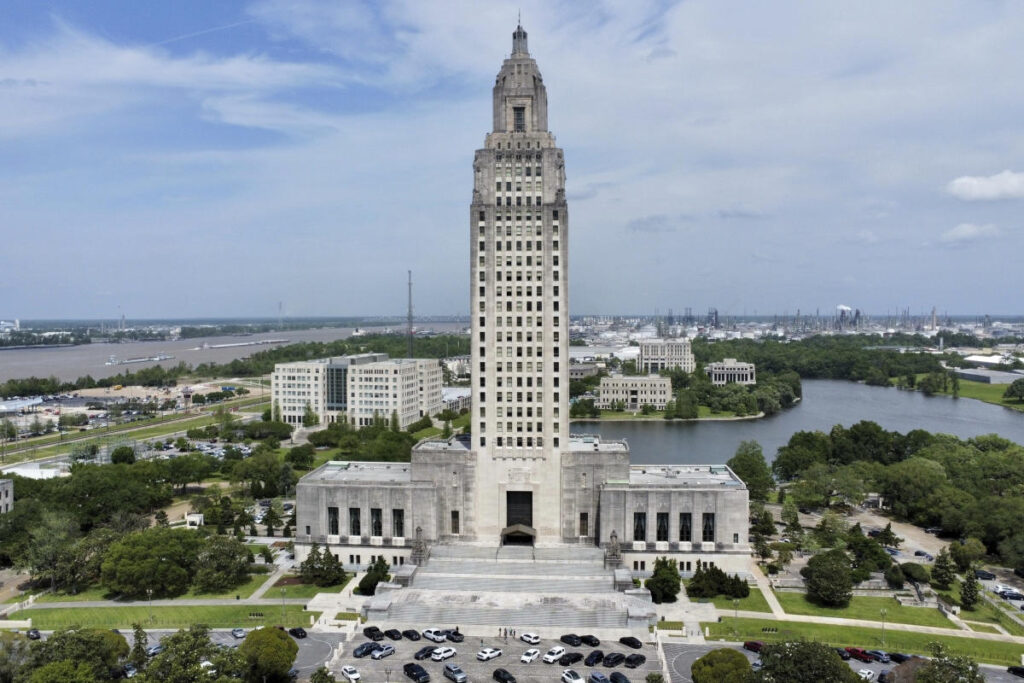Beginning November 6, Louisiana legislators will convene for a special session, prompted by Republican Governor Jeff Landry’s extensive proposals for overhauling the state’s tax structure. The session is expected to last until November 25, during which lawmakers will address a range of issues included in a 23-item proclamation issued by Landry. This proclamation outlines various subjects for discussion, primarily focusing on potential changes to tax policy, teacher compensation, and judicial reforms. Landry has emphasized his proposals over recent months, advocating for a reduction in income tax rates while simultaneously expanding the sales tax base to encompass more items and services.
A significant aspect of Landry’s proposals is the potential for a permanent pay raise for teachers and other school employees. This raise is directly tied to addressing the unfunded accrued liability of the state teacher retirement system, which represents the gap between future payout obligations and the current assets available to meet those needs. This linkage highlights the administration’s intent to prioritize educational funding while also addressing long-term financial obligations of the retirement system. The attention on teacher pay has reignited conversations about the overall valuation of educational professionals, especially in a state that has struggled to retain quality educators due to competitive pay challenges.
In addition to teacher pay, the special session will touch on proposed changes to the way the Louisiana Supreme Court oversees judicial disciplinary actions and handles elections for judicial vacancies. Landry’s administration has signaled an openness to reforming the judicial process; however, details regarding the specific changes desired have not been extensively outlined. This potential judicial reform could significantly impact the state’s legal landscape, enhancing accountability and efficiency, though it remains uncertain how these proposals will take shape or receive support from legislators.
Governor Landry has communicated optimism about the session’s possibilities, highlighting the opportunity to deliver significant economic relief to Louisiana citizens. His vision includes the elimination of sales tax on prescription drugs and various forms of tax relief for seniors, which he believes will place more money in people’s pockets. By advocating for these initiatives, Landry aims to create additional fiscal space for residents, thereby spurring consumer spending and potentially revitalizing local economies across the state.
To pass many of these proposals, especially those involving complex tax changes and judicial reforms, a two-thirds majority in both legislative chambers will be required. Some initiatives may necessitate constitutional amendments, which not only demand legislative approval but also the endorsement of the electorate. With Landry’s party holding just over a two-thirds majority in both the House and Senate, there’s a strategic advantage in place for navigating these legislative waters, though achieving consensus on the multifaceted tax reform will undoubtedly be challenging.
As Louisiana embarks on this special session, the outcomes remain uncertain. Lawmakers will need to balance ambitious tax reforms and educational funding with the potential ramifications for local governments and business interests. Governor Landry’s proposals reflect a broader initiative to reshape Louisiana’s financial future, but the path forward will require careful negotiation, robust dialogue, and possibly inventive compromises to ensure that the objectives of the session are realized in a manner that enhances both fiscal responsibility and public welfare.

